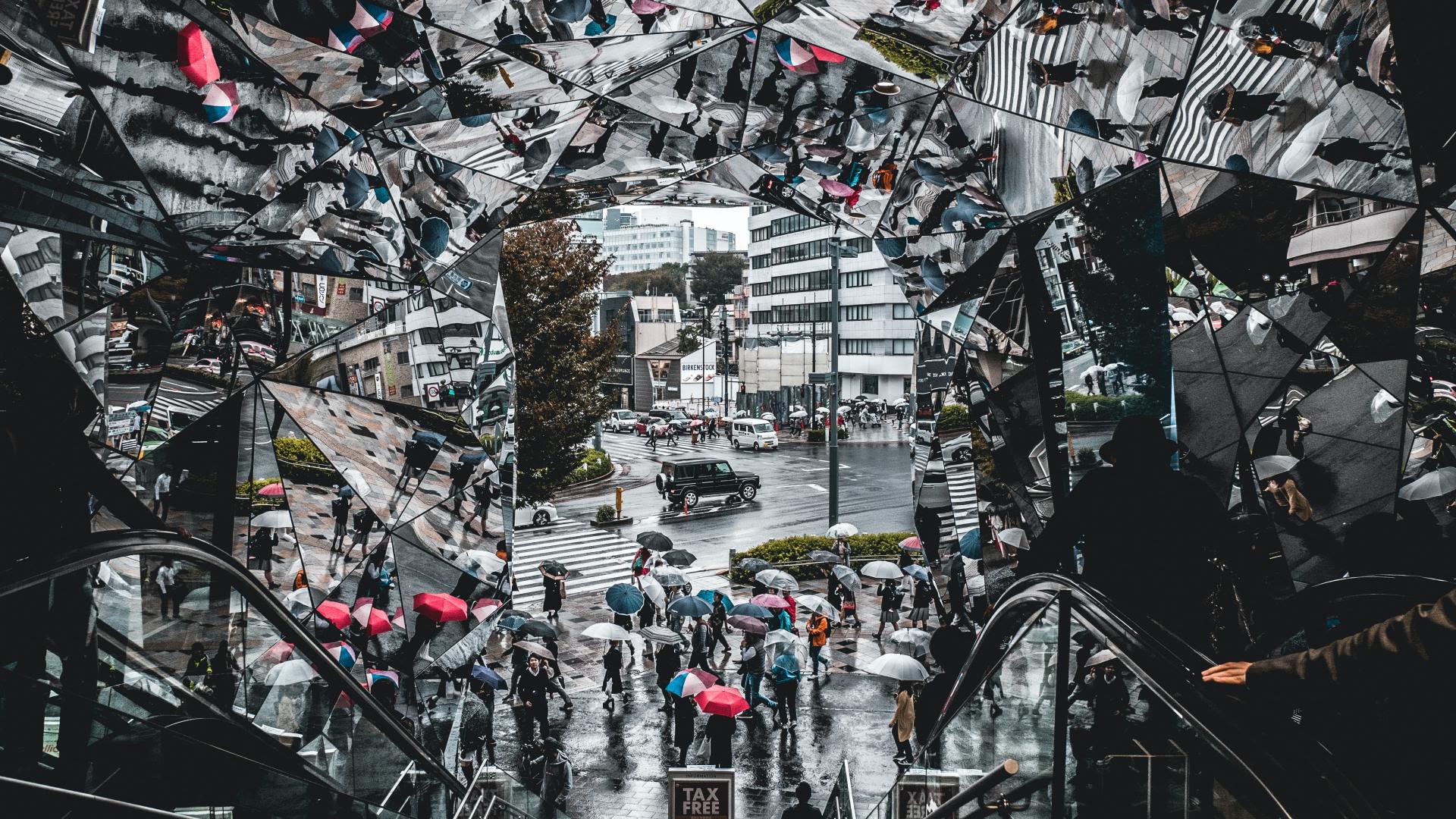
Welcome to the high-level podcast series run by the UNESCO Inclusive Policy Lab. This series introduces listeners to the world’s leading figures as they discuss how we can reset in a fairer and smarter way.
This episode has Manuel Muñiz as a guest. He is the Provost of IE University in Madrid and the former Spanish Vice-Minister of Foreign Affairs.
The host is Gabriela Ramos, UNESCO’s Assistant Director-General for Social and Human Sciences.
Together they discuss the massive shifts our societies, economies and systems of governance are undergoing. The changes may be not as visual – no one is tearing down a wall – but they are as significant as what happened at the end of the Cold War, with the undoing of the international order, the fracturing of the social contract, and the hollowing of the middle class leading to the hollowing of the middle of the political spectrum. What is peculiar is that it is not a problem of scarcity but a product of our incapacity to manage and govern abundance well. Are there solutions? They say we should embrace complexity, with governments needing to take the space and the opportunity to reshape the welfare state, the redistributive mechanisms, the taxation, the competitions and the antitrust frameworks. Joined-up reforms are needed on all fronts. Follow their discussion for details on how that is to be done.
Have you seen?
Social safety nets catch us in crisis, invest in those
Social media and trust in science – “it’s complicated”
The Policy Nerd Podcast Channel
On the go? Listen and subscribe here:
Also on: Apple Podcasts | Google Podcasts | Spotify | Amazon Music | YouTube | Deezer
--
Manuel Muñiz is Provost of IE University, Dean of IE School of Politics, Economics & Global Affairs in Madrid, President of the Association of Professional Schools of International Affairs (APSIA), and Senior Fellow at Brookings’ Foreign Policy Program. Previously, he served as State Secretary (Vice Minister) with the Spanish Foreign Ministry.
Gabriela Ramos is the Assistant Director General for the Social and Human Sciences of UNESCO. Prior to this, she was the Chief of Staff and Sherpa to the G20/G7/APEC in the OECD.
The facts, ideas, and opinions expressed in this video are those of the presenter; they are not necessarily those of UNESCO or any of its partners and stakeholders and do not commit nor imply any responsibility thereof. The designations employed and the presentation of material throughout this piece do not imply the expression of any opinion whatsoever on the part of UNESCO concerning the legal status of any country, territory, city, or area or of its authorities, or concerning the delimitation of its frontiers or boundaries.
